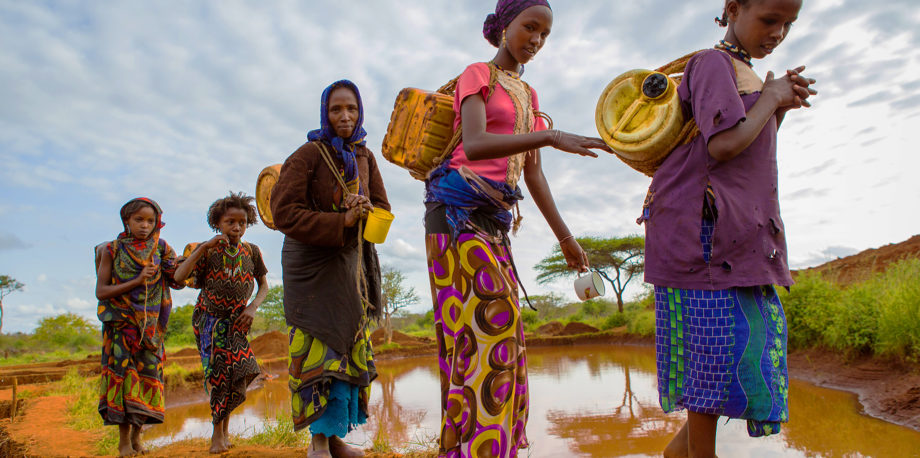The United Nations (UN) has said that the climate crisis has continued to threaten the chances of gender equality being achieved in the countries most vulnerable to global heating.
UNFPA, the UN’s reproductive and maternal health agency, released data showing that the 14 countries most at risk from the effects of the climate crisis are also those where women and girls are more likely to die in childbirth, marry early, experience gender-based violence or be displaced by disaster.
“The climate crisis affects everybody but there are subgroups least able to adapt,” said Angela Baschieri, UNFPA’s technical lead on climate action. “It puts pressure on the most impoverished and further drives existing inequality.”
Baschieri said that disasters, such as floods or cyclones, disproportionately affect women by disrupting sexual and reproductive health services, pointing to South Sudan, which has the highest maternal mortality rate in the world – 1,223 deaths for every 100,000 live births – and is among the countries most affected by global heating.
Red also: UN says over two million affected by flooding in Somalia
Speaking further, she said that health systems that can withstand climate shocks and continue providing sexual and reproductive healthcare are vital for the wellbeing of women and girls. However, only a third of national climate action plans mention them.
She pointed out that there is also the decreasing women’s access to medical care, disasters can exacerbate gender-based violence.
“We have seen an increase in gender-based violence during the recent floods in Pakistan and the droughts in Uganda,” said Bridget Burns, the director of the Women’s Environment and Development Organization (Wedo).
Mwanahamisi Singano, Wedo’s senior global policy lead, who got involved in climate advocacy through her work supporting female farmers in Tanzania, said that women can’t just be discussed as victims of climate change, we have to be engaged from a point of knowledge.
“Most farm labourers throughout the global south are women but they are unlikely to own the land on which they work,”she said. “Female subsistence farmers do not have the support or resources they need to adapt to climate change,”.
Story was adapted from the Guardian.
